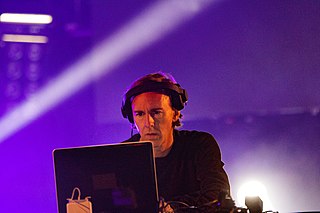Lists










10 Books
Personality Building Books
Sort by:
Recent Desc
Liked by
More lists by Giorgos Papachristoudis



Minimal Techno
Minimalist sub-genre of techno music. It is characterized by a stripped-down aesthetics that exploits the use of repetition.
February 2021
5
@giopapa

Inspiring Biographies
List includes: The Everything Store: Jeff Bezos and the Age of Amazon
December 2020
0
@giopapa



Melodic Techno
List includes: Stephan Bodzin, Kollektiv Turmstrasse, Tale of Us
July 2019
2
@giopapa